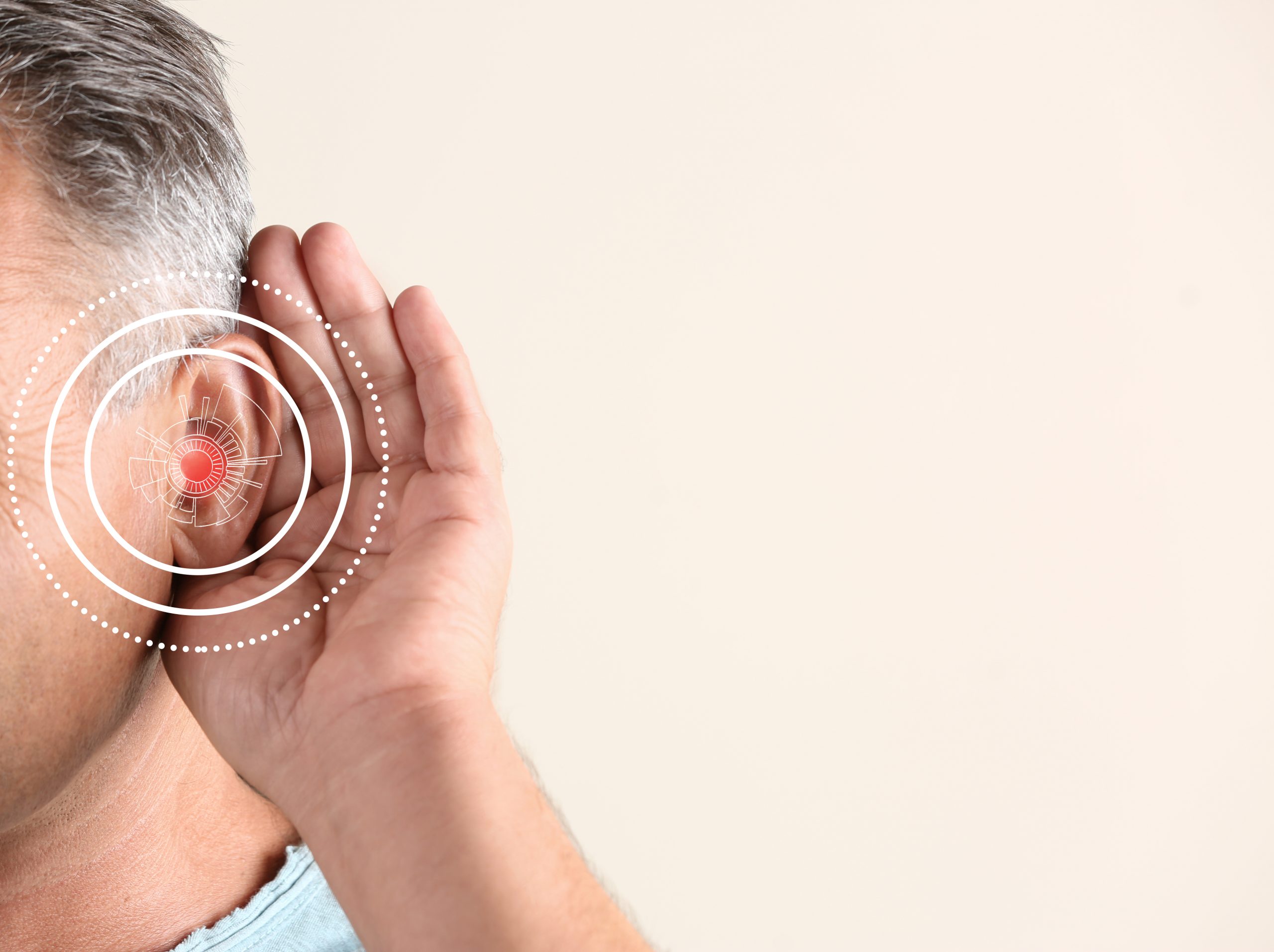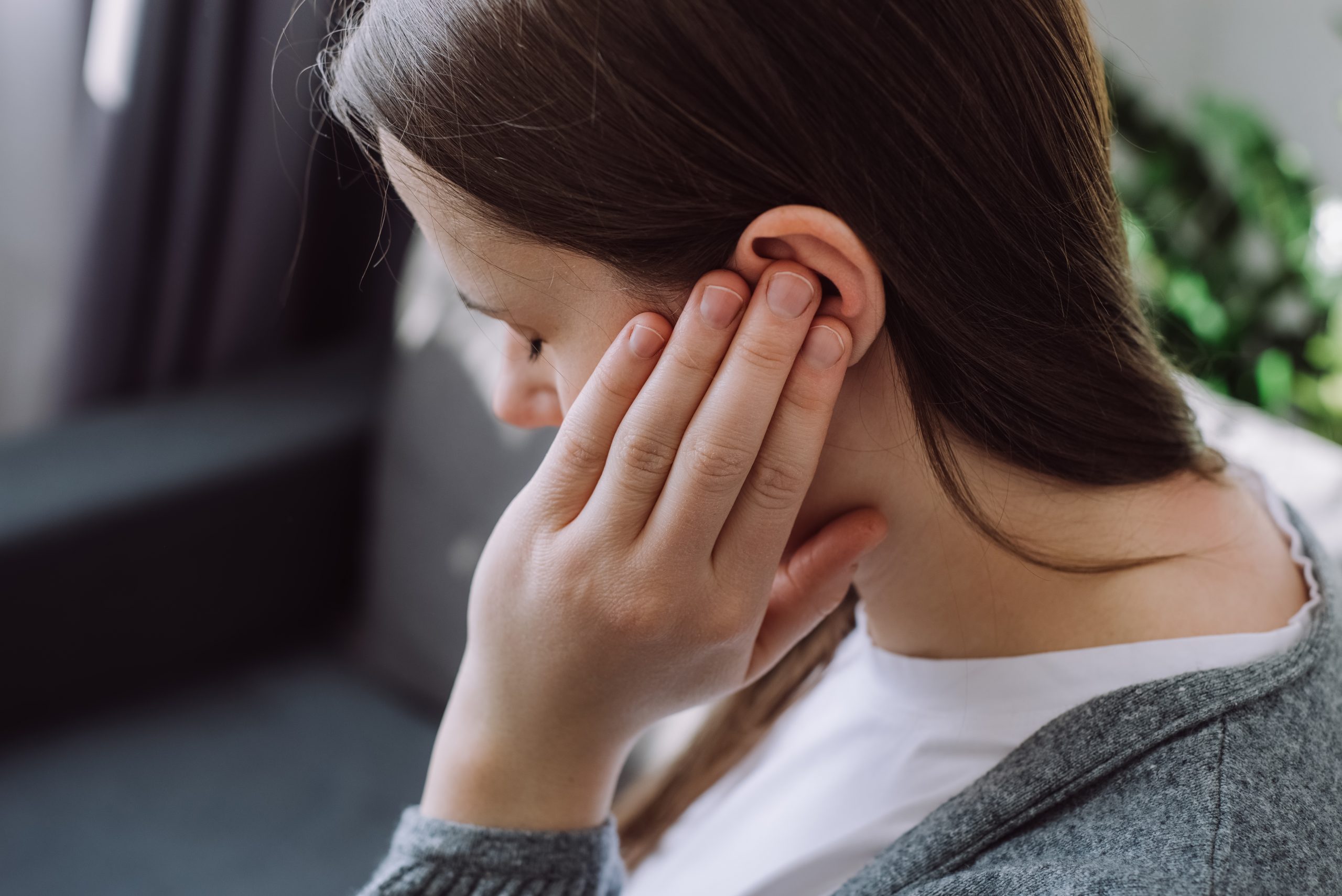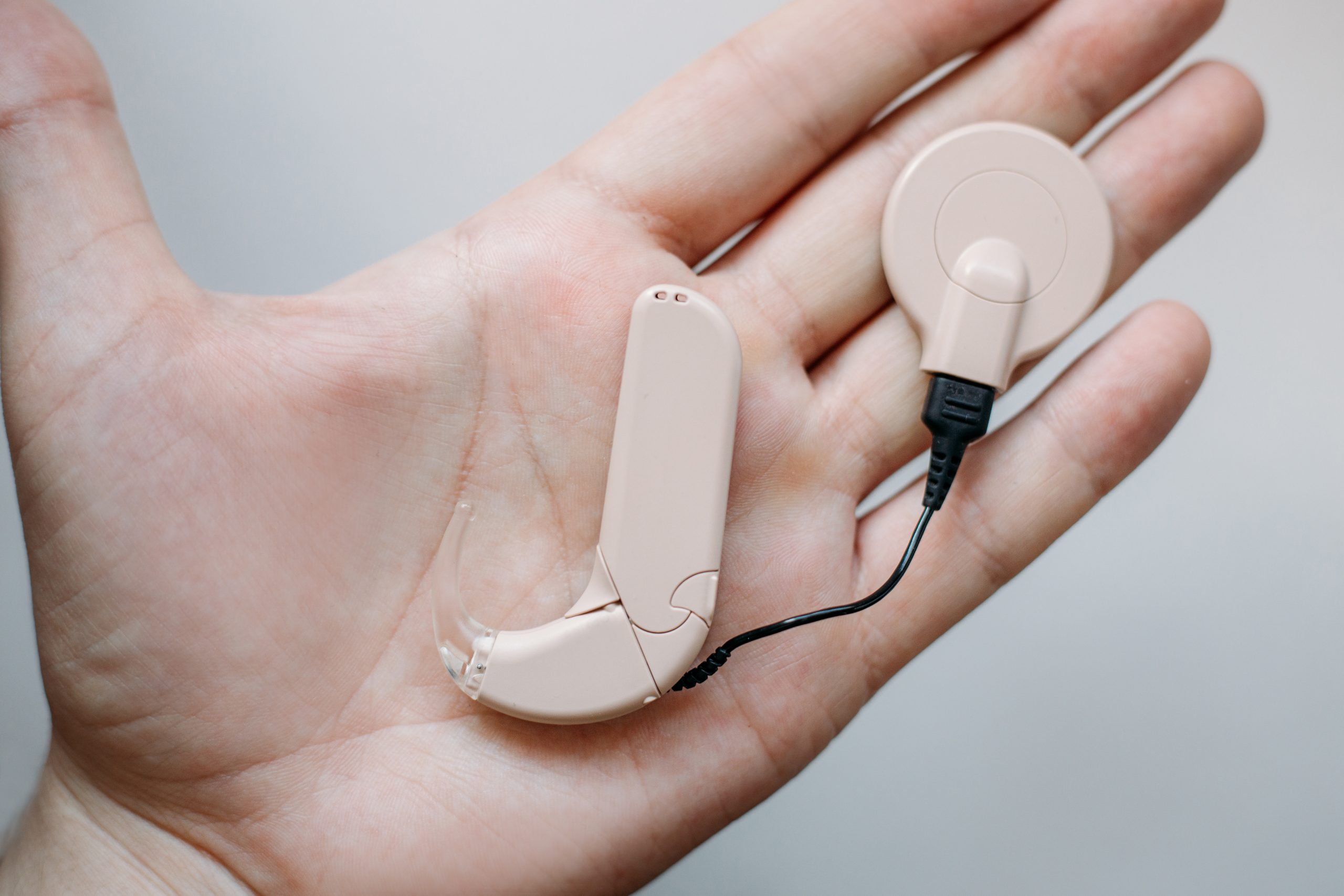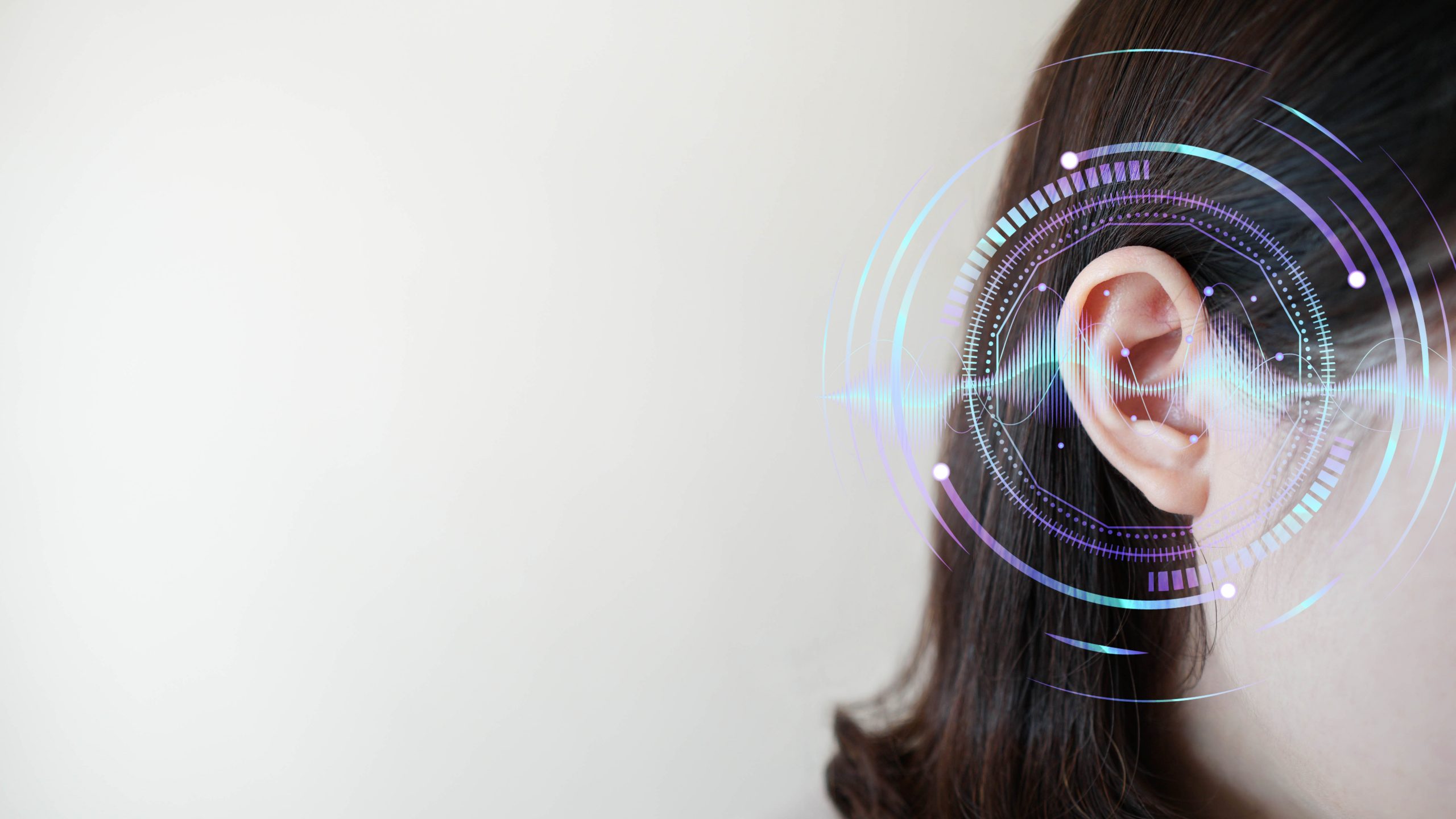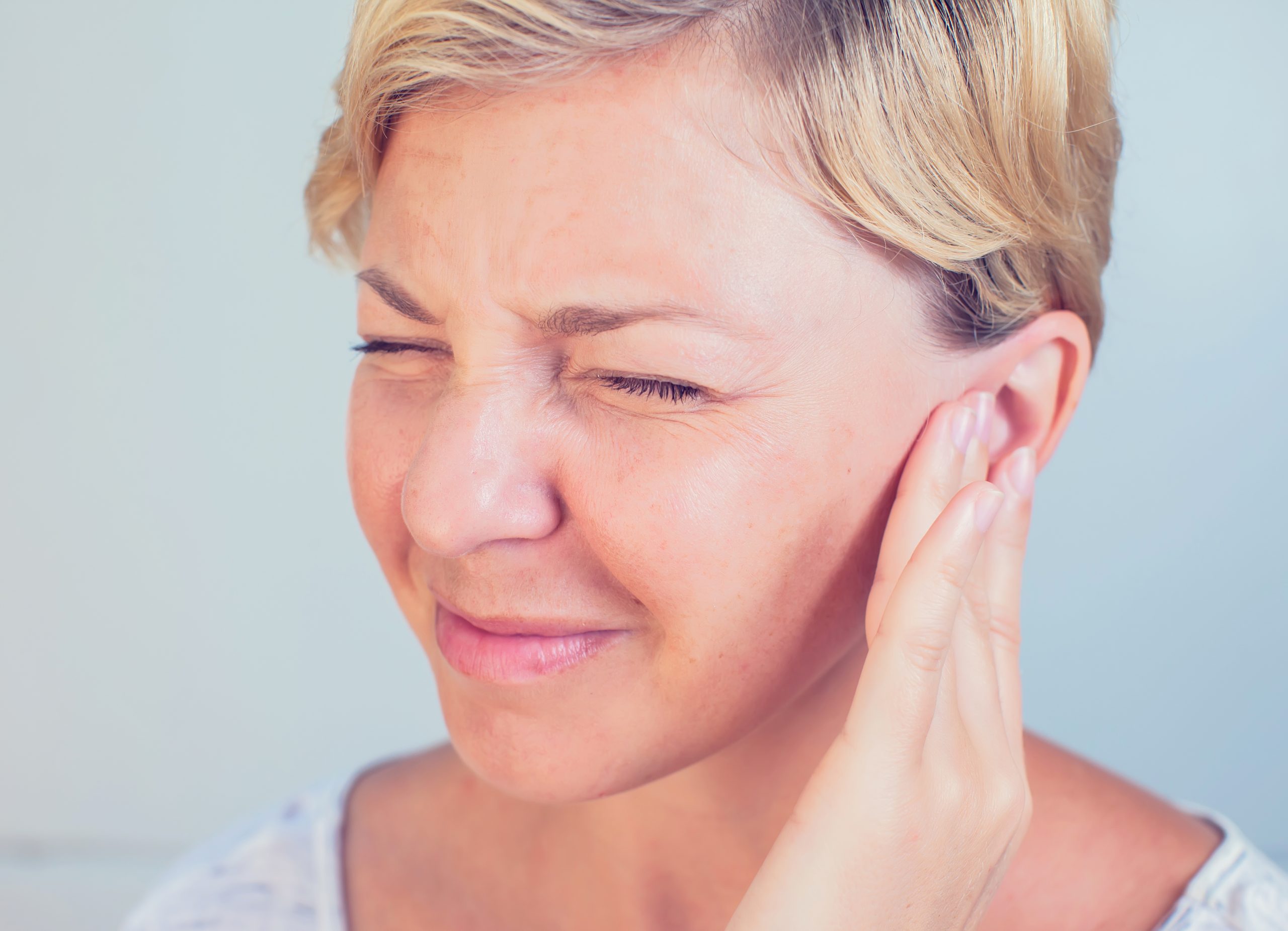Hearing is a vital sense that allows us to communicate, connect with others, and navigate the world around us. Taking care of our hearing health is essential for maintaining a high quality of life. By following a few simple tips, you can help prevent hearing loss and maintain healthy hearing. In this article, we’ll explore some effective tips for maintaining healthy hearing.
- Protect Your Ears from Loud Noise
Exposure to loud noise is one of the leading causes of hearing loss. To protect your ears, avoid prolonged exposure to loud sounds or use ear protection when in noisy environments. Wear earplugs or earmuffs when attending concerts, sporting events, or using power tools. Additionally, be mindful of the volume levels when using headphones or listening to music through earbuds. Opt for noise-canceling headphones, which help block out external noise, allowing you to listen at lower volumes.
- Take Listening Breaks
Give your ears regular breaks from prolonged exposure to noise. If you work in a noisy environment or attend a loud event, take short breaks in quieter areas to give your ears a chance to rest and recover. This practice helps reduce the cumulative effect of noise exposure on your hearing.
- Practice Safe Listening Habits
When listening to music or other audio, practice safe listening habits. Keep the volume at a moderate level, and avoid turning it up to drown out background noise. Limit your listening time to prevent overexposure, and consider using noise-canceling headphones or earbuds that block out background noise, allowing you to listen at lower volumes.
- Be Mindful of Environmental Noise
Pay attention to the noise levels in your environment and take steps to reduce unnecessary noise when possible. For example, lower the volume of your television or radio, avoid playing loud music in the car, and choose quieter household appliances. Creating a quieter living and working environment can help protect your hearing.
- Maintain Good Ear Hygiene
Good ear hygiene is important for maintaining healthy ears. Keep your ears clean by gently washing the external ear with warm water and mild soap. Avoid inserting objects like cotton swabs or other small items into your ears, as this can push wax deeper into the ear canal and cause damage. If you feel your ears are blocked with wax, consult a healthcare professional for safe earwax removal.
- Be Aware of Medications’ Side Effects
Some medications can have side effects that affect hearing. Certain antibiotics, chemotherapy drugs, and non-steroidal anti-inflammatory drugs (NSAIDs) have been associated with hearing loss or tinnitus (ringing in the ears). If you’re taking any medications and notice changes in your hearing, consult your healthcare provider to discuss potential alternatives or adjustments to your treatment plan.
- Maintain Overall Health and Wellness
Maintaining good overall health and wellness can contribute to healthy hearing. Chronic conditions like high blood pressure and diabetes have been linked to hearing loss. Adopt a healthy lifestyle by engaging in regular exercise, eating a balanced diet, managing stress, and getting enough sleep. These lifestyle factors can support overall health and help protect your hearing.
- Get Regular Hearing Check-ups
Regular hearing check-ups are crucial for monitoring your hearing health. Schedule a hearing evaluation with a qualified audiologist or hearing healthcare professional. They can assess your hearing, identify any changes or concerns, and provide guidance on maintaining healthy hearing. Early detection of any hearing issues allows for timely intervention and appropriate treatment if necessary.
In conclusion, maintaining healthy hearing is important for overall well-being. By following these tips, you can protect your ears from loud noise, practice safe listening habits, and maintain good ear hygiene. Additionally, prioritize overall health and wellness, and seek regular hearing check

